Blog
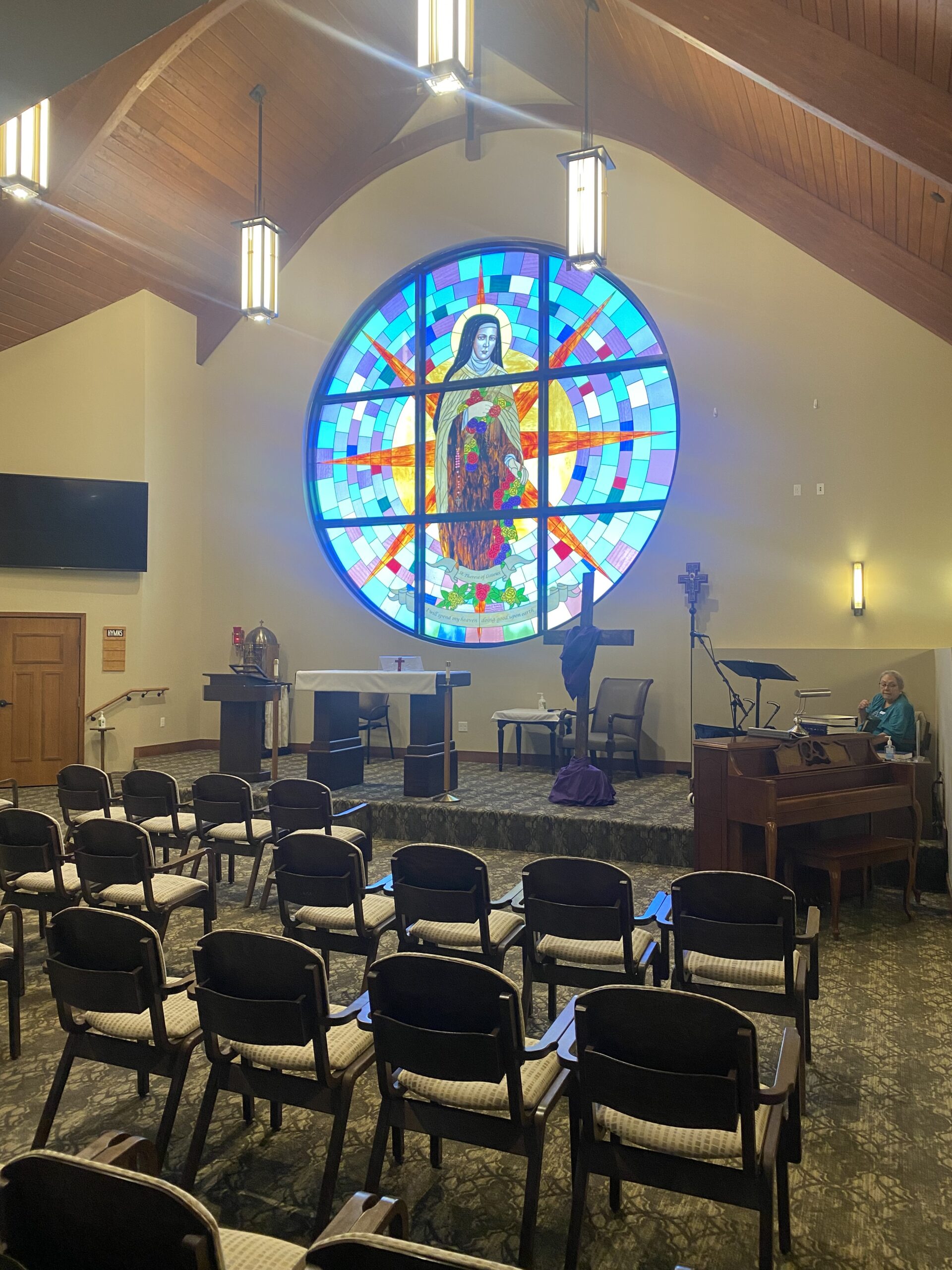
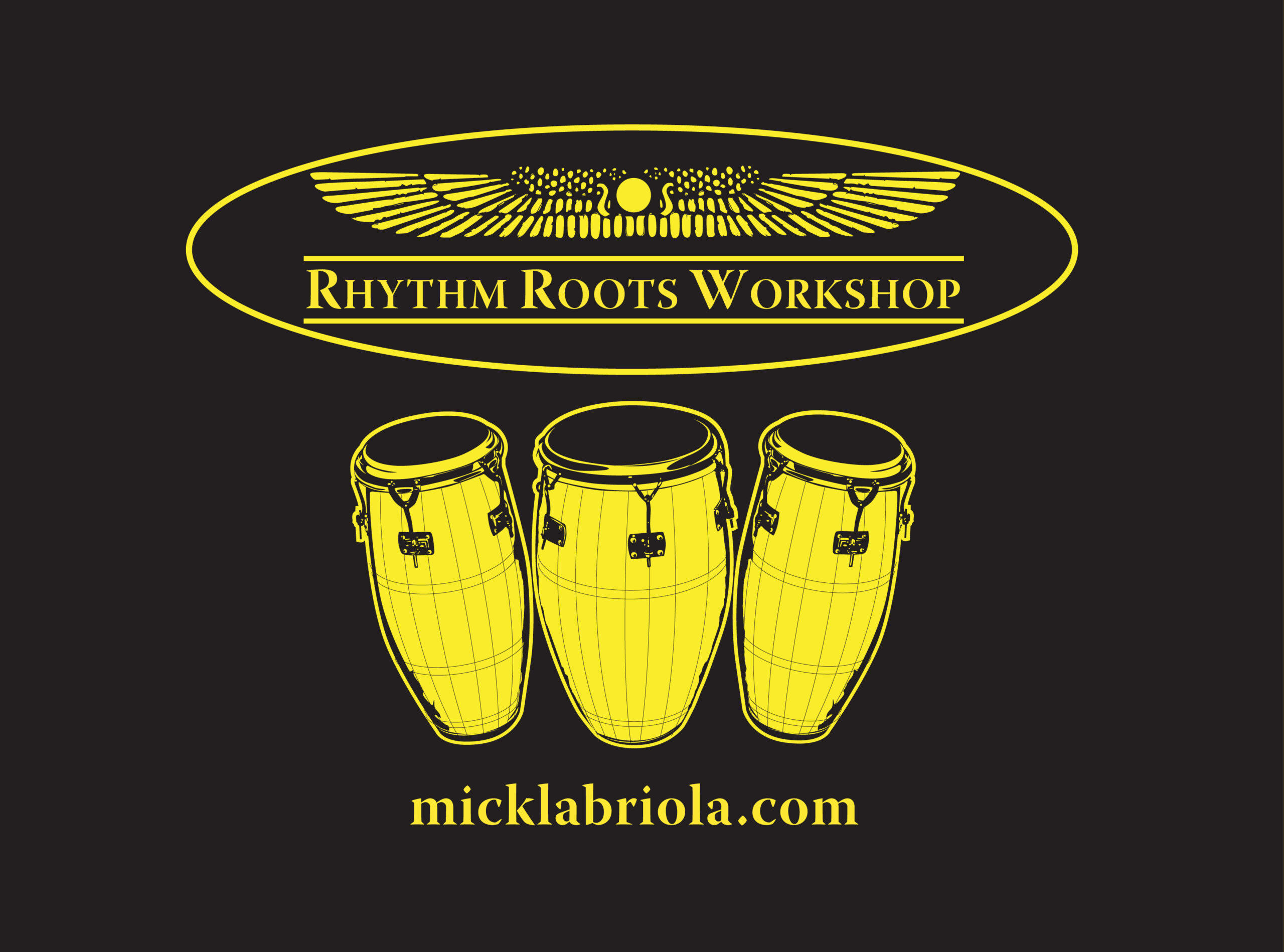
Astronomers are well-known for naming objects with odd conventions, and the cometary globule GN 16.43.7.01 seen in this Picture of the Week is no exception. Cometary globules have nothing to do with comets aside from appearance: they are named for their dusty head and elongated, dark tail, as seen in this image taken with the VLT Survey Telescope (VST) hosted at ESO’s Paranal Observatory in Chile. This globule, dubbed the Dark Tower — astronomers compensate with obvious names — lies about 5000 light-years away from Earth in the southern constellation Scorpius (the Scorpion). It contains dense clumps of collapsing gas and dust out of which stars will be born. The curious shape of this object is carved out from an intense bombardment of radiation from a cluster of young, bright stars located off-camera to the upper-left. This radiation has swept around and outlined the cometary globule with the characteristic pink glow of hot, excited matter.
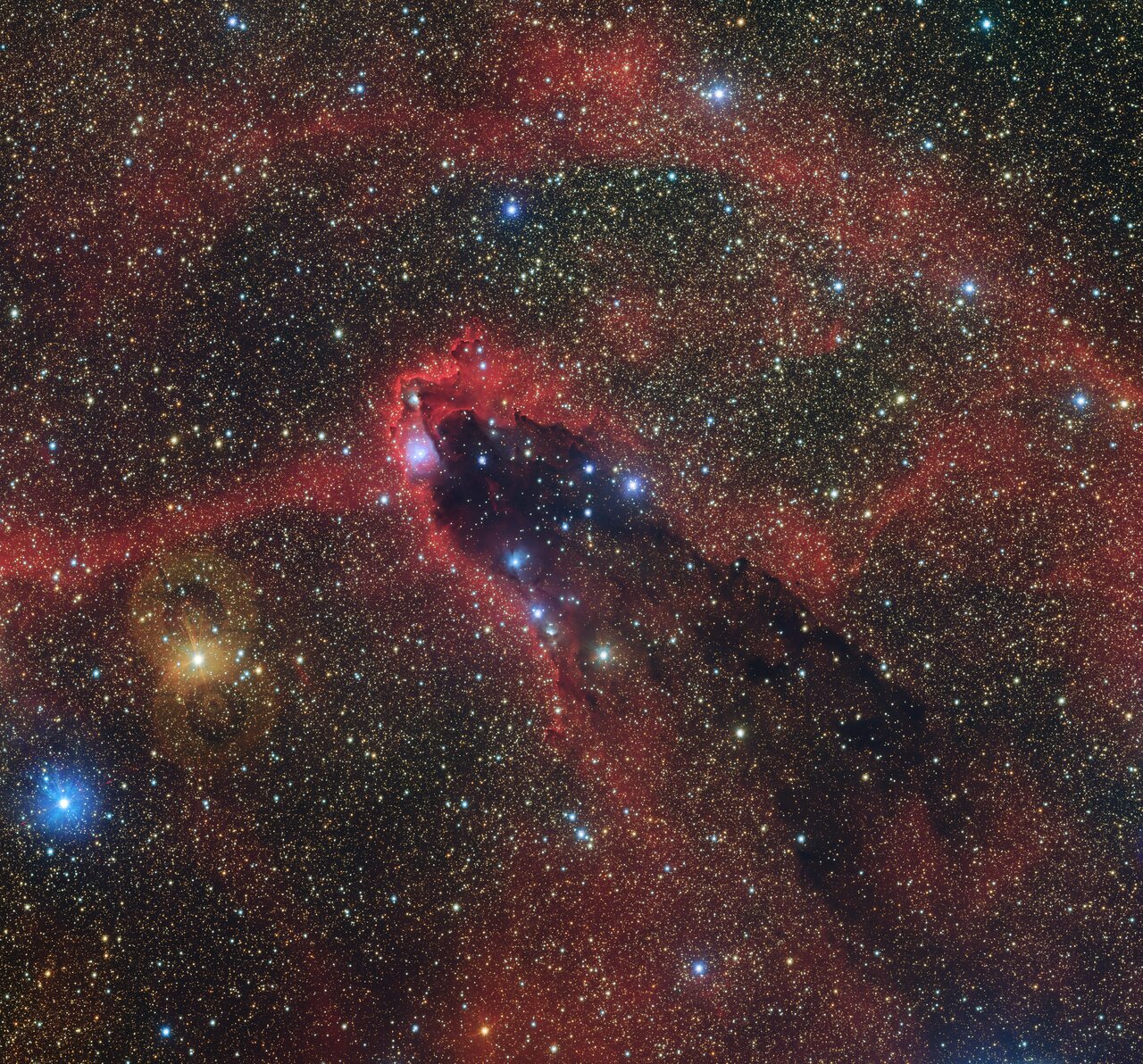
Robert Keith McFerrin Jr. (born March 11, 1950 NY, NY) is an American jazz singer and songwriter. He is known for his vocal techniques, such as singing fluidly but with quick and considerable jumps in pitch—for example, sustaining a melody while also rapidly alternating with arpeggios and harmonies—as well as scat singing, polyphonic overtone singing, and improvisational vocal percussion. He is widely known for performing and recording regularly as an unaccompanied solo vocal artist. He has frequently collaborated with other artists from both the jazz and classical scenes.
McFerrin’s song “Don’t Worry, Be Happy” was a No. 1 U.S. pop hit in 1988 and won Song of the Year and Record of the Year honors at the 1989 Grammy Awards. McFerrin has also worked in collaboration with renowned jazz fusion instrumentalists, including the pianists Chick Corea (of Return to Forever), Herbie Hancock (of The Headhunters), and Joe Zawinul (of Weather Report), the drummer Tony Williams, and the cellist Yo-Yo Ma.
more...Leroy Jenkins (March 11, 1932 – February 24, 2007) was an American composer and violinist/violist.
Jenkins was born in Chicago, Illinois, United States. As a youth, he lived with his sister, his mother, two aunts, his grandmother, and, on occasions, a boarder, in a three-bedroom apartment. Jenkins was immersed in music from an early age, and recalled listening to Charlie Parker, Dizzy Gillespie, and singers such as Billy Eckstine and Louis Jordan. When Jenkins was around eight years old, one of his aunts brought home a boyfriend who played the violin. After hearing him play a difficult Hungarian dance, Jenkins begged his mother for a violin, and was given a red, half-size Montgomery Ward violin that cost twenty-five dollars. He began taking lessons, and was soon heard at St. Luke’s Baptist Church, where he was frequently accompanied on piano by Ruth Jones, later known as Dinah Washington. Jenkins eventually joined the church choir and orchestra, and performed on the violin at church banquets, teas, and social events.
As a teenager, Jenkins entered DuSable High School, where he switched to clarinet and alto saxophone due to the fact that the school did not have an orchestra, limiting his opportunities to play the violin.During this time, he came under the influence of bandleader “Captain” Walter Dyett. After graduating, Jenkins attended Florida A&M University, where he resumed study of the violin. In 1961, he graduated with a degree in music education, then moved to Mobile, Alabama, where he taught music in the public school system for four years.
more...Astor Pantaleón Piazzolla March 11, 1921 – July 4, 1992 was an Argentine tango composer, bandoneon player, and arranger. His works revolutionized the traditional tango into a new style termed nuevo tango, incorporating elements from jazz and classical music. A virtuoso bandoneonist, he regularly performed his own compositions with a variety of ensembles. In 1992, American music critic Stephen Holden described Piazzolla as “the world’s foremost composer of Tango music”.
Piazzolla was born in Mar del Plata, Argentina, in 1921, the only child of Italian immigrant parents, Vicente “Nonino” Piazzolla and Assunta Manetti. His paternal grandfather, a sailor and fisherman named Pantaleo (later Pantaleón) Piazzolla, had immigrated to Mar del Plata from Trani, a seaport in the southeastern Italian region of Apulia, at the end of the 19th century. His mother was the daughter of two Italian immigrants from Lucca in the central region of Tuscany.
In 1925 Astor Piazzolla moved with his family to Greenwich Village in New York City, which in those days was a violent neighbourhood inhabited by a volatile mixture of gangsters and hard-working immigrants.His parents worked long hours and Piazzolla soon learned to take care of himself on the streets despite having a limp. At home he would listen to his father’s records of the tango orchestras of Carlos Gardel and Julio de Caro, and was exposed to jazz and classical music, including Bach, from an early age. He began to play the bandoneon after his father spotted one in a New York pawn shop in 1929.
more...Alex or Aleck Miller (originally Ford, possibly December 5, 1912 – May 24, 1965), known later in his career as Sonny Boy Williamson, was an American blues harmonica player, singer and songwriter. He was an early and influential blues harp stylist who recorded successfully in the 1950s and 1960s. Miller used various names, including Rice Miller and Little Boy Blue, before calling himself Sonny Boy Williamson, which was also the name of a popular Chicago blues singer and harmonica player. To distinguish the two, Miller has been referred to as Sonny Boy Williamson II.
He first recorded with Elmore James on “Dust My Broom“. Some of his popular songs include “Don’t Start Me Talkin’“, “Help Me“, “Checkin’ Up on My Baby“, and “Bring It On Home“. He toured Europe with the American Folk Blues Festival and recorded with English rock musicians, including the Yardbirds and Animals. “Help Me” became a blues standard, and many blues and rock artists have recorded his songs.
more...IC 405 (also known as the Flaming Star Nebula, SH 2-229, or Caldwell 31) is an emission and reflection nebula in the constellation Auriga north of the celestial equator, surrounding the bluish, irregular variable star AE Aurigae. It shines at magnitude +6.0. Its celestial coordinates are RA 05h 16.2m dec +34° 28′. It is located near the emission nebula IC 410, the open clusters M38 and M36, and the K-class star Iota Aurigae.
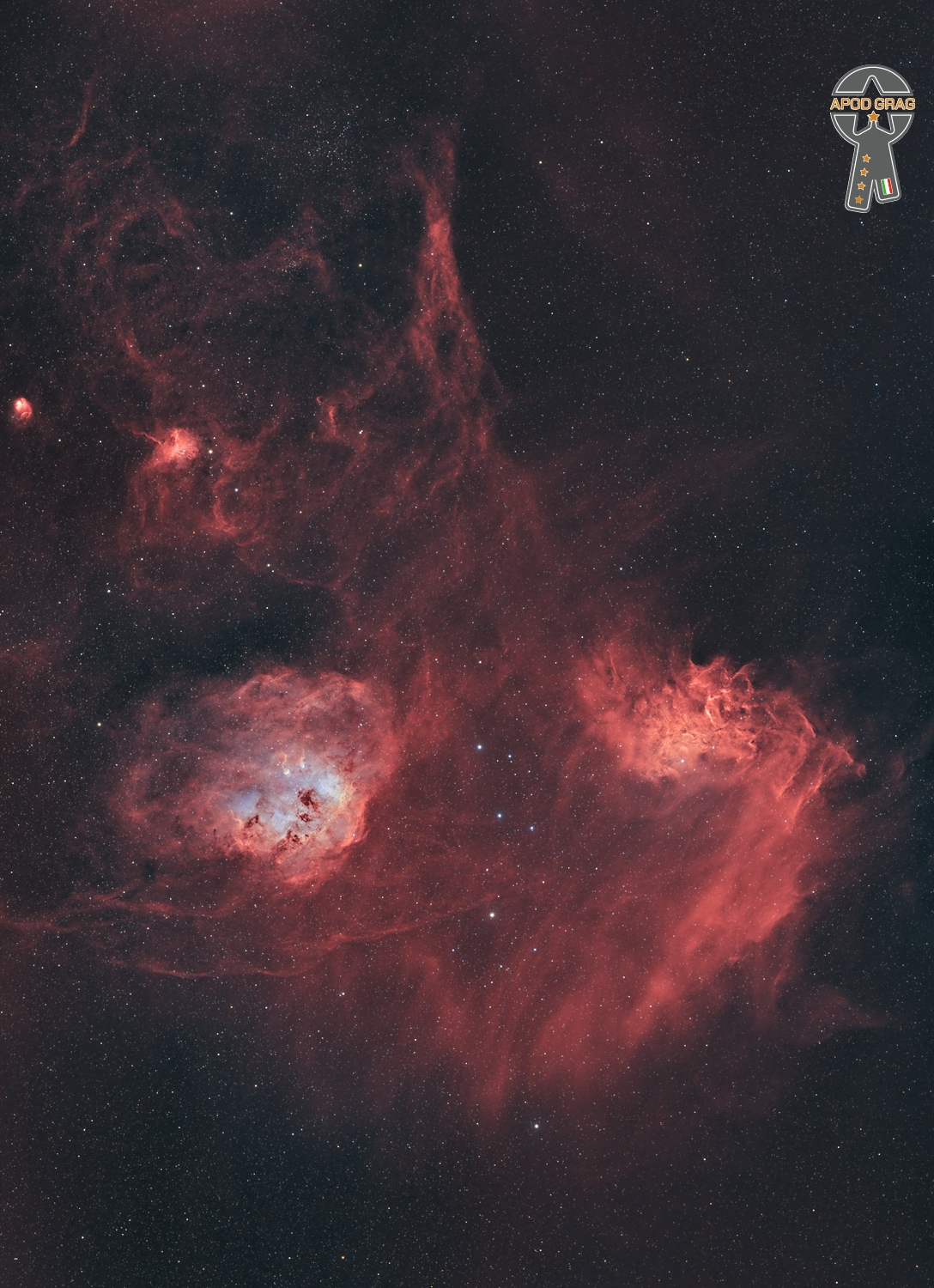
Kenneth Charles “Jethro” Burns (March 10, 1920 – February 4, 1989) was an American mandolinist and one-half of the comedy duo Homer and Jethro with Henry D. “Homer” Haynes.
Burns was born in Conasauga, Tennessee, on March 10, 1920. His family moved to Knoxville, Tennesseewhen he was three. In 1936, he auditioned for a talent contest at Knoxville radio station WNOX where he met Henry Haynes, also 16. The two formed a duo and WNOX program director Lowell Blanchard gave them the stage names Homer and Jethro after forgetting their names on the air.
more...Norman L. Blake (born March 10, 1938) is a traditional American stringed instrument artist and songwriter. He is half of the eponymous Norman & Nancy Blake band with his wife, Nancy Blake.
Blake was born in Chattanooga, Tennessee, and grew up in Sulphur Springs, Alabama. He listened to old-time and country music on the radio by the Carter Family, the Skillet Lickers, Roy Acuff, and the Monroe Brothers (Charlie and Bill Monroe). He learned guitar at age 11 or 12, then mandolin, dobro, and fiddle in his teens. When he was 16, he dropped out of school to play music professionally.
In the 1950s, Blake joined the Dixieland Drifters and performed on radio broadcasts, then joined the Lonesome Travelers. When he was drafted in 1961, he served as an Army radio operator in the Panama Canal Zone. He started a popular band known as the Kobbe Mountaineers. A year later, while he was on leave, he recorded the album Twelve Shades of Bluegrass with the Lonesome Travelers.
more...Ronnie Earl (born Ronald Horvath, March 10, 1953, Queens, New York, United States) is an American blues guitarist and music instructor.
Earl who grew up collecting various music records, pursued a degree in Special Education and Education at Boston University. He became interested in guitar after attending a Muddy Waters concert and began playing in the Boston blues scene. He later joined the band Roomful of Blues and started a solo career in 1986. In 1984, Earl formed his band, The Broadcasters, which released multiple albums over the years. Diagnosed with medical ailments in 2000, he scaled back on touring and later reformed the Broadcasters with a new lineup. As a four-time Blues Music Award winner for Guitar Player of the Year, Earl has also been an Associate Professor of Guitar at Berklee College of Music and released an instructional video. His band, Ronnie Earl and the Broadcasters, celebrated their 30th anniversary in 2018 and released their 26th studio album, Mercy Me, in 2022.
more...Comet 12P/Pons-Brooks is growing brighter. Currently visible with small telescopes and binoculars the Halley-type comet could reach naked eye visibility in the coming weeks. Seen despite a foggy atmosphere, the comet’s green coma and long tail hover near the horizon, in this well-composed deep night skyscape from Revuca, Slovakia recorded on March 5. In the sky above the Halley-type comet, the Andromeda (right) and Triangulum galaxies flank bright star Mirach, beta star of the constellation Andromeda. The two spiral galaxies are members of our local galaxy group and over 2.5 million light-years distant. Comet Pons-Brooks is a periodic visitor to the inner Solar System and less than 14 light-minutes away. Reaching its perihelion on April 21, this comet should be visible in the sky during the April 8 total solar eclipse.
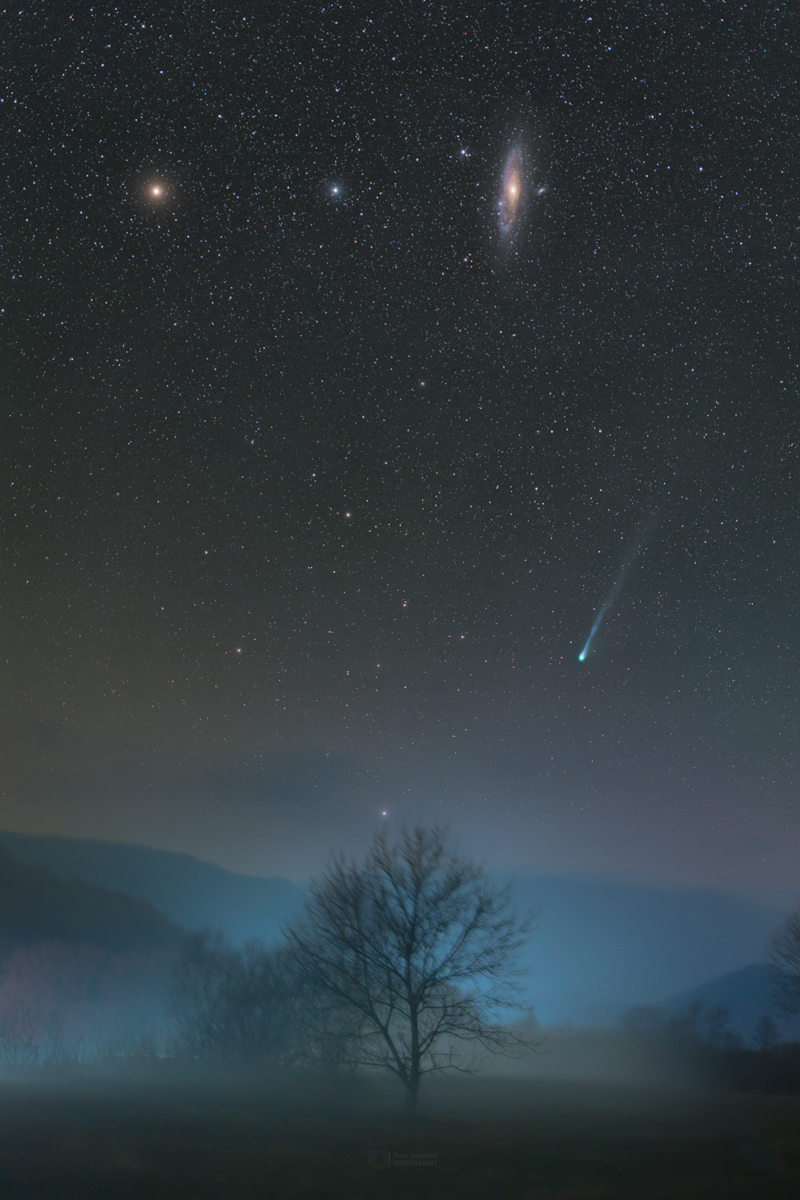
Ustad Zakir Hussain (born 9 March 1951) is an Indian tabla player, composer, percussionist, music producer and film actor. He is the eldest son of tabla player Alla Rakha. He is widely considered as one of the greatest tabla players of all time.
He was awarded the Padma Shri in 1988, the Padma Bhushan in 2002, and the Padma Vibhushan in 2023, by the Government of India. On 8 February 2009 for 51st Grammy Awards, Hussain won the Grammy in the Contemporary World Music Album category for his collaborative album Global Drum Projectwith Mickey Hart, Sikiru Adepoju & Giovanni Hidalgo.
He was also awarded the Govt of India’s Sangeet Natak Akademi Award in 1990, Sangeet Natak Akademi Fellowship, Ratna Sadsya in 2018. In 1999, he was awarded the United States National Endowment for the Arts‘ National Heritage Fellowship, the highest award given to traditional artists and musicians. Hussain has a total of 5 Grammy awards equalling the tallies of the late sitar maestro Ravi Shankar and the master conductor Zubin Mehta; they are all in top spot, incidentally, on the list of Indians with the most Grammy wins. He received 3 Grammy Awards in February 2024.
more...Randolph Denard Ornette Coleman (March 9, 1930 – June 11, 2015 Fort Worth, TX) was an American jazzsaxophonist, trumpeter, violinist, and composer. He is best known as a principal founder of the free jazzgenre, a term derived from his 1960 album Free Jazz: A Collective Improvisation. His pioneering works often abandoned the harmony-based composition, tonality, chord changes, and fixed rhythm found in earlier jazz idioms. Instead, Coleman emphasized an experimental approach to improvisation, rooted in ensemble playing and blues phrasing. AllMusic called him “one of the most beloved and polarizing figures in jazz history,” noting that while “now celebrated as a fearless innovator and a genius, he was initially regarded by peers and critics as rebellious, disruptive, and even a fraud.”
Born and raised in Fort Worth, Texas, Coleman taught himself to play the saxophone when he was a teenager. He began his musical career playing in local R&B and bebop groups, and eventually formed his own group in Los Angeles featuring members such as Ed Blackwell, Don Cherry, Charlie Haden, and Billy Higgins. In November 1959, his quartet began a controversial residency at the Five Spot jazz club in New York City and he released the influential album The Shape of Jazz to Come, his debut LP on Atlantic Records. Coleman’s subsequent Atlantic releases in the early 1960s would profoundly influence the direction of jazz in that decade, and his compositions “Lonely Woman” and “Broadway Blues” became genre standards that are cited as important early works in free jazz.
In the mid 1960s, Coleman left Atlantic for labels such as Blue Note and Columbia Records, and began performing with his young son Denardo Coleman on drums. He explored symphonic compositions with his 1972 album Skies of America, featuring the London Symphony Orchestra. In the mid-1970s, he formed the group Prime Time and explored electric jazz-funk and his concept of harmolodic music. In 1995, Coleman and his son Denardo founded the Harmolodic record label. His 2006 album Sound Grammar received the Pulitzer Prize for Music, making Coleman the second jazz musician ever to receive the honor.
more...Dorothy Jacqueline Keely (March 9, 1928 – December 16, 2017), professionally known as Keely Smith, was an American jazz and popular music singer, who performed and recorded extensively in the 1950s with then-husband Louis Prima, and throughout the 1960s as a solo artist.
Smith married Prima in 1953. The couple were stars throughout the entertainment business, including stage, television, motion pictures, hit records, and cabaret acts. They won a Grammy in 1959, its inaugural year, for their smash hit, “That Old Black Magic”, which remained on the charts for 18 weeks. Smith was born in Norfolk, Virginia; her ancestry was Irish and Cherokee.
more...More Posts
- Jan Garbarek Day
- Miriam Makeba Day
- World Music with Jupiter & Okwess
- Daily Roots with Johnny Clarke
- The Cosmos with NGC 125
- Jimmy Garrison Day
- Dupree Bolton Day
- World Music with Mabiisi
- Daily Roots with Little Roy
- The Cosmos with Merope 23Tauri
- Larry Carlton Day
- Lou Reed Day
- Doug Watkins Day
- World Music on with Alfredo Caceres
- Daily Roots with Delroy Washington
- The Cosmos with NGC 7241
- Ralph Towner Day
- Benny Powell Day
- Harry Belafonte Day
- World Fusion with Guy One & Polyversal Souls